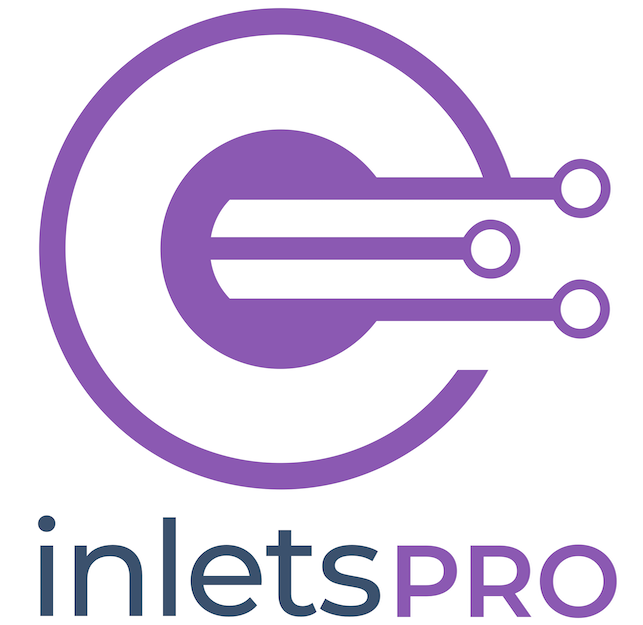You can use inlets-pro to tunnel out any HTTP or TCP traffic from an internal network to another network. This could be green-to-green, or green-to-red, i.e. from internal/private to the Internet. It differs from the open source version in that it works at the L4 or L7 level of the TCP stack and has automatic TLS (auto-tls) encryption built-in.
Given the split control- and data-plane, you can also punch out endpoints into a remote cluster, which are kept private from the Internet, for instance when you need Command & Control, or orchestration of on-premises services, from a central cloud cluster.
inlets-pro forwards TCP traffic over an encrypted websocket secured with TLS.
- Support for any TCP protocol
- Pass-through for L4 proxy
- Reverse proxy and tunnel for L7 proxy
- Automatic Let's Encrypt when used as an L7 proxy
- Automatic TLS encryption for tunnel and control-port
- Automatic port-detection, announced by client
Deployment options:
- single static binary is available for MacOS, Windows, and Linux on armhf and ARM64
systemdsupport with automatic restarts- Native
dockerimage available - Kubernetes integration via
inlets-operatoror YAML
inlets-pro is a L4 and L7 TCP tunnel, service proxy, and load-balancer product distributed under a commercial license.
In order to use inlets-pro, you must accept the End User License Agreement - EULA. The server component runs without a license key, but the client requires a valid license.
You can purchase a license for personal or business use on the inlets website
inlets-pro can be used to provide a Public VirtualIP to private, edge and on-premises services and Kubernetes clusters. Once you have set up one or more VMs or cloud hosts on public cloud, you can utilize their IP addresses with inlets-pro.
You can get incoming networking (ingress) to any:
- gRPC services with or without TLS
- Access unsecured private services like MySQL, but with TLS link-encryption
- Command & control of Point of Sale / IoT devices
- SSH access to home-lab or Raspberry Pi
- TCP services running on Linux, Windows or MacOS
- The API of your Kubernetes cluster
- A VM or Docker container
For example, rather than terminating TLS at the edge of the tunnel, inlets-pro can forward the TLS traffic on port 443 directly to your host, where you can run a reverse proxy inside your network. At any time you can disconnect and reconnect the tunnel or even delete the remote VM without loosing your TLS certificate since it's stored locally.
See also: reference architecture diagrams
You can follow one of the tutorials above, or use inlets PRO in three different ways:
- As a stand-alone binary which you can manage manually or automate
- Through inletsctl which creates an exit server with
inlets-pro serverrunning with systemd in one of the cloud / IaaS platforms such as AWS EC2 or DigitalOcean - Through inlets-operator - the operator runs on Kubernetes and creates an exit server running
inlets-pro serverand a Pod in your cluster runninginlets-pro client. The lifecycle of the client and server and exit-node are all automated.
Both the client and server are contained within the same binary.
It is recommended that you use inletsctl, or inlets-operator to access inlets-pro, but you can also work directly with its binary or Docker image.
The inlets-pro binary can be obtained as a stand-alone executable, or via a Docker image.
-
As a binary:
curl -SLsf https://github.com/inlets/inlets-pro/releases/download/0.8.1/inlets-pro > inlets-pro chmod +x ./inlets-proOr fetch via
inletsctl download --proOr find a binary for a different architecture on the releases page
See also CLI reference guide
-
Docker image
A docker image is published at
ghcr.io/inlets/inlets-pro:0.8.1See the image on GitHub Container Registry
-
Kubernetes LoadBalancer integration
See also: inlets-operator
-
Kubernetes Helm charts
Run ad-hoc clients and servers on your Kubernetes clusters
See chart for the inlets-pro TCP client and server
-
Sample Kubernetes YAML files
Got questions? Send us an email to contact@openfaas.com.
